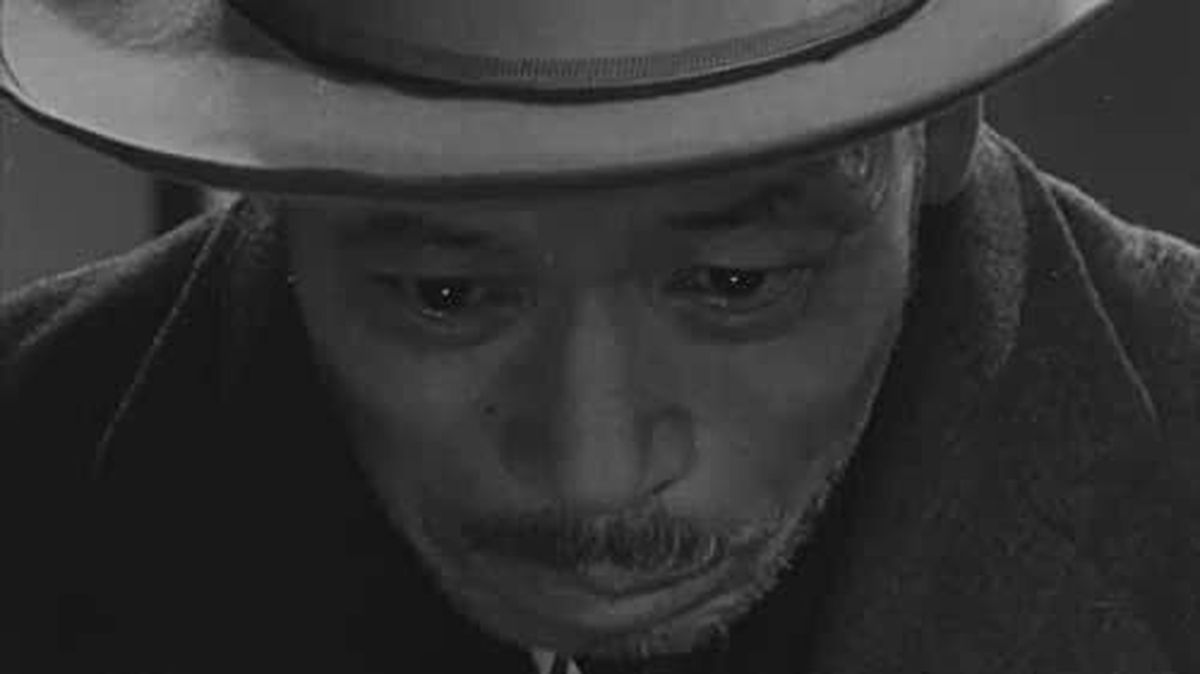Picture Perfect: 1952’s ‘Ikiru’ is one of cinema’s greatest achievements

Foreign cinema is one of the best ways of understanding and appreciating any culture. If you want to love France more, watch “Amelie” or the 1946 version of “Beauty and the Beast.”
If you feel like partaking in something German, watch the works of Fritz Lang, F.W. Murnau and Werner Herzog. Each country’s movies are as unique as their cuisine.
And the great thing about cinema is that it transcends borders – you don’t need to understand the language to appreciate their movies – because movies have their own universal language of emotions and humanity.
But if I had to pick just one foreign movie that I would want everyone to watch, I would go with quite possibly the greatest movie ever made – Akira Kurosawa’s 1952 drama “Ikiru.”
When I think of “perfect movies,” this Japanese picture is always the first that comes to mind. Made by the master of emotional and gripping storytelling, Kurosawa directed “Ikiru” at one of the highest points of his career, having made this between two of his greatest achievements, 1950’s “Rashomon” and 1954’s “Seven Samurai.”
But unlike Kurosawa’s samurai epics, “Ikiru” is set during post-World War II Japan and makes full use of that setting and a rebuilding nation.
The story follows Kanji Watanabe (played by Takashi Shimura), the head bureaucrat of Tokyo city hall. His job entails sending the same cases back and forth through other offices that ultimately come back to him.
Nothing ever gets done. Watanabe has held this position for 30 years and has never missed a day. “He just drifts through life,” the narrator describes. “In fact, he’s barely alive.”
After a few days of stomach pains, Watanabe visits his doctor, only to find out indirectly that he has gastric cancer and has roughly six months to live.
What would you do if your doctor said you only had six months to live? Would you spend it with family and friends? How about doing everything you’ve always wanted to do but never could? Or would you attempt one last meaningful act for which others would remember you?
Watanabe, not sure what to do with his life, drifts aimlessly through the city. His impending demise only serves to remind him that he’s done nothing with his life. No worthwhile memories or achievements. Nobody to remember him when he’s gone.
Even his only son thinks of him as a source of money rather than someone with emotions and feelings. He has a lot of money saved up for “something special” but never had anything “special” to spend it on. “I just can’t die,” Watanabe says. “I don’t know what I’ve been living for all these years.”
There is a point in all of our lives where we feel like all that is being accomplished is surviving from one day to the next. That we are merely drifting through life. Like Watanabe, we don’t notice the path we’ve taken until it is already too late.
“How tragic that man can never realize how beautiful life is until he is face-to-face with death,” a novelist who Watanabe meets says.
This is the emotional core of “Ikiru.” No matter your ethnicity, age or gender, there is something in “Ikiru” for everyone to latch on to. We are all like Kanji Watanabe. We seek meaning and fulfillment. We fear death, and we strive to make our lives matter.
What makes this emotional punch even harder is Shimura’s performance as Watanabe. He says so much with just his eyes. The moment he realizes that he’s going to die soon hits harder than any other moment I can think of in any movie, and Shimura does it all without saying a word.
I have no qualms saying that Shimura gives one of the greatest performances I’ve ever seen, especially after Watanabe realizes what he wants to do with his remaining time.
I know many cinephiles say Toshiro Mifune is the definitive Japanese actor, but after watching “Ikiru,” I believe Shimura is the greatest Japanese actor of all time.
What gives “Ikiru” its staying power is the ending. Rather than go for a traditional uplifting ending, it goes for an honest and self-reflective one. Because just being uplifting in the end does not change people.
We all claim there are books or movies that make us want to lead a better life, but most of the time, we don’t change anything about ourselves.
“Ikiru” doubles down on this by putting the audience in a position in which it is impossible to ignore its message, and is thus not easily forgotten.
“Ikiru” is one of the very few movies ever made that will change your life. It certainly changed mine for the better, giving me a wonderful appreciation for life and foreign cinema.